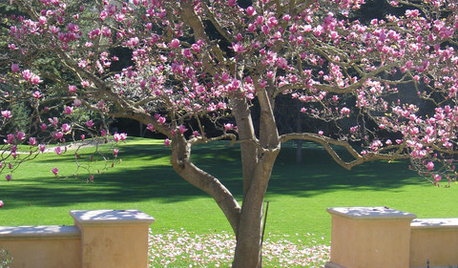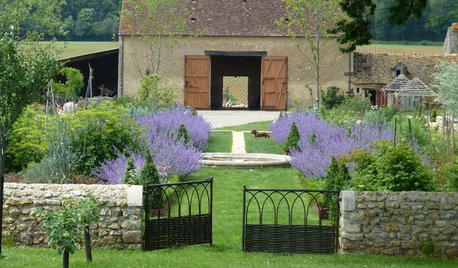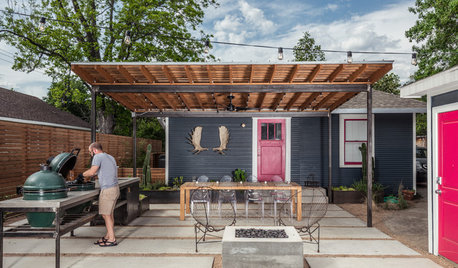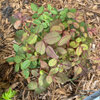Need help with remembering, please
barb_roselover_in
12 years ago
Related Stories

LIFE10 Ways to Honor and Remember a Departed Loved One at Home
Help the grieving process and keep beautiful memories alive with these thoughtful tributes
Full Story
HOME OFFICESQuiet, Please! How to Cut Noise Pollution at Home
Leaf blowers, trucks or noisy neighbors driving you berserk? These sound-reduction strategies can help you hush things up
Full Story
LIFEThe Good House: An Experience to Remember
A home that enriches us is more than something we own. It invites meaningful experiences and connections
Full Story
TASTEMAKERSChic and Timeless Decorating Ideas to Remember
New York design firm Carrier and Co. offers inspiration for elevating your room’s decor — whether traditional, modern or country-inspired
Full Story
BATHROOM DESIGNUpload of the Day: A Mini Fridge in the Master Bathroom? Yes, Please!
Talk about convenience. Better yet, get it yourself after being inspired by this Texas bath
Full Story
Yes, Please: Parisian Hotel Flair
Bring on the Bling to Recreate the City of Romance at Home
Full Story
HOUSEPLANTSMother-in-Law's Tongue: Surprisingly Easy to Please
This low-maintenance, high-impact houseplant fits in with any design and can clear the air, too
Full Story
OUTDOOR KITCHENSHouzz Call: Please Show Us Your Grill Setup
Gas or charcoal? Front and center or out of the way? We want to see how you barbecue at home
Full Story







michaelg
barb_roselover_inOriginal Author
Related Discussions
Need help remembering to water your plants?
Q
Can't remember name of Fern Please Help!
Q
Please help me remember the name of a store..
Q
cannot remember the name or author of a book: help needed please
Q
barb_roselover_inOriginal Author
melissa_thefarm
barb_roselover_inOriginal Author
melissa_thefarm
barb_roselover_inOriginal Author
melissa_thefarm
barb_roselover_inOriginal Author
melissa_thefarm
melissa_thefarm